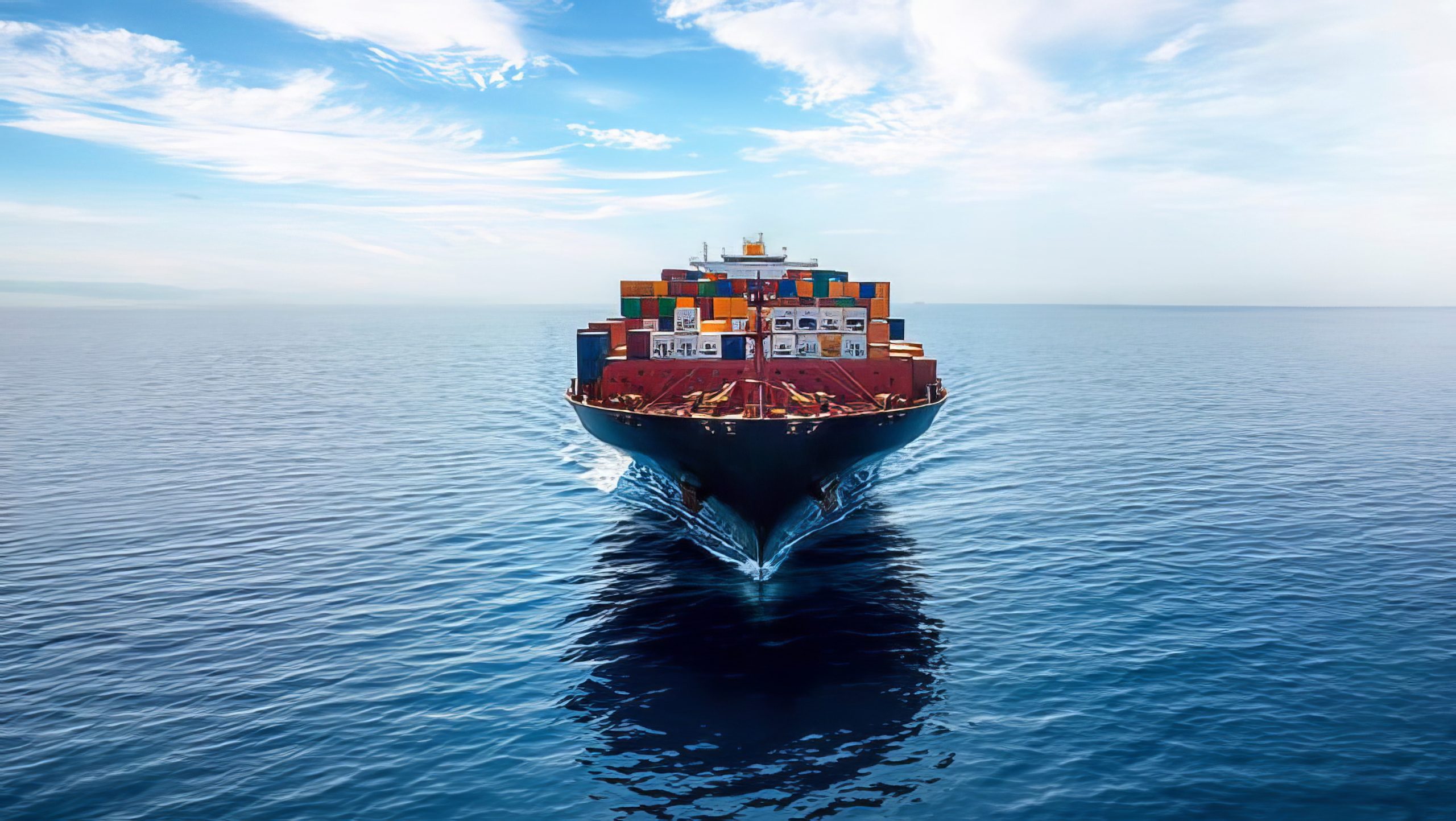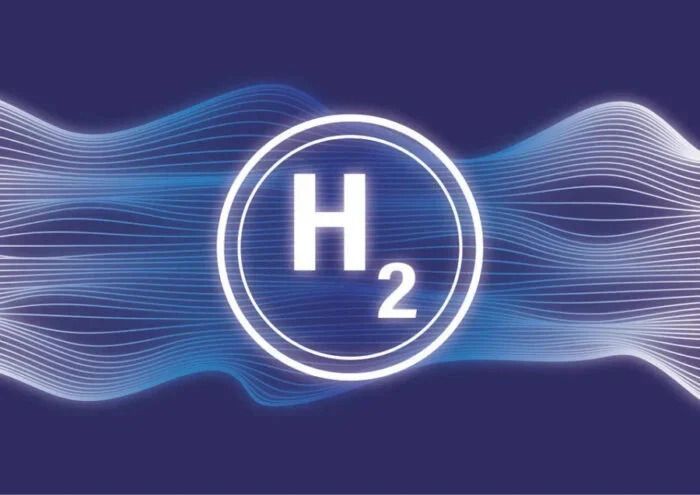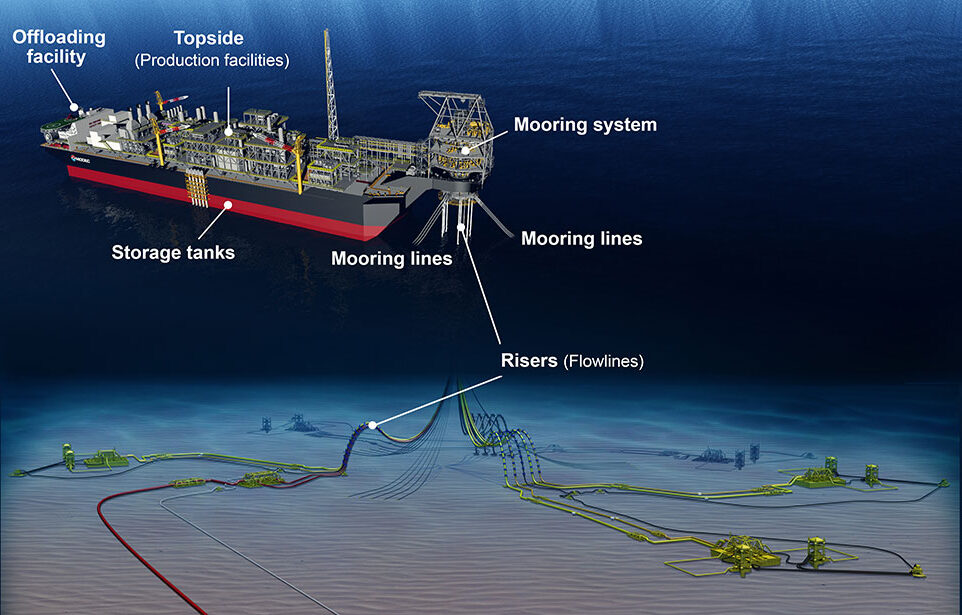Now Reading: GCMD unpacks cost and compliance tool for IMO’s new climate framework
-
01
GCMD unpacks cost and compliance tool for IMO’s new climate framework
GCMD unpacks cost and compliance tool for IMO’s new climate framework

GCMD Introduces Tool to Assess Impact of IMO’s New Climate Framework
By Sara Kosmajac on April 21, 2025
The Global Centre for Maritime Decarbonization (GCMD) has unveiled a calculator to evaluate the effects of the International Maritime Organization’s GHG Global Fuel Intensify (GFI)-linked pricing system on shipping operational costs. This tool is deemed valuable for industry stakeholders exploring fuel options, planning newbuilds, or understanding the ramifications of the IMO Net-Zero Framework.
At the 83rd Marine Environment Protection Committee (MEPC) meeting, the IMO Net-Zero Framework was approved as the first initiative to integrate mandatory emissions limits and greenhouse gas pricing across an entire industry sector. These measures, including a new fuel standard for vessels and a global emissions pricing mechanism, are set to be formally adopted in October this year and take effect in 2027.
Compliance with the GFI involves meeting two targets: the Base Target and the Direct Compliance Target. Vessels emitting below the latter face no penalties but can accumulate surplus units for future use or transfer to other ships. Those emitting between the two targets will be fined $100/ton CO2eq, escalating for non-compliant vessels. Penalties will be directed to a net zero fund managed by the IMO.
Vessels surpassing the Base Target will incur higher penalties exceeding $380/ton CO2eq, with the funds also channeled to the net zero fund, potentially offset by surplus units. Ships using zero or near-zero (ZNZ) fuels meeting specific emissions criteria are eligible for financial rewards.
While hailed as a significant step towards decarbonizing the shipping industry by some, the IMO’s regulation has sparked mixed reactions. Criticism has been raised by stakeholders who believe the framework lacks ambition and fairness, with concerns voiced over missing UN climate goals. Calls have been made for enhanced emission targets to expedite the shift to next-generation fuels and boost necessary investments in production.
Without prompt investments in low-emission fuels, the maritime sector risks falling short of its clean fuel uptake target by 2030 and its overarching net zero ambition by 2050.






